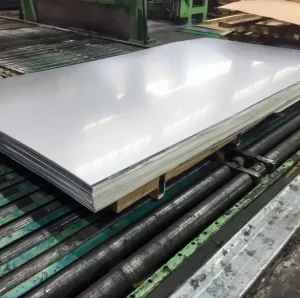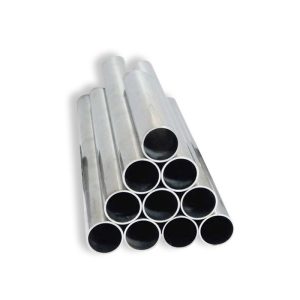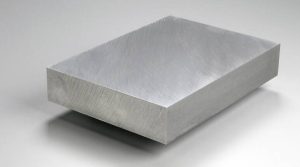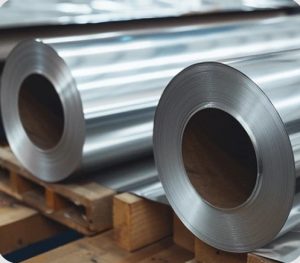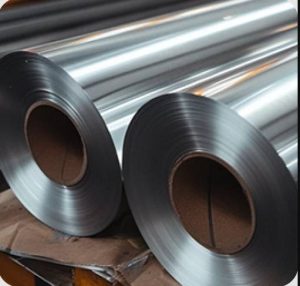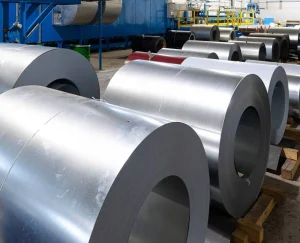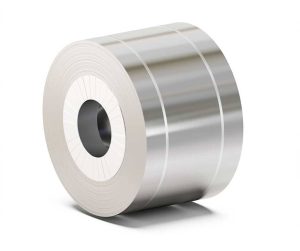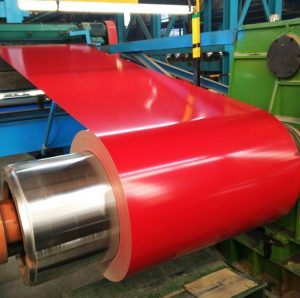Ten-foot aluminum pontoon tubes are a foundational component for constructing smaller, maneuverable pontoon boats, floating docks, rafts, and various custom marine platforms. Their popularity stems from aluminum’s inherent advantages: excellent corrosion resistance, light weight for easy handling and better fuel efficiency, and a high strength-to-weight ratio.
Key Considerations for 10 ft Aluminum Pontoon Tubes
When selecting 10 ft aluminum pontoon tubes, several factors are critical to ensure performance, durability, and safety:
- Diameter and Wall Thickness: These dimensions directly influence buoyancy and structural integrity. Common diameters range from 18 to 25 inches for smaller applications. Thicker walls offer greater resistance to dents and punctures but add weight.
- Aluminum Alloy Grade: Marine-grade aluminum alloys, such as 5052, 5083, or 5086, are essential for saltwater and freshwater applications due to their superior corrosion resistance. The quality of the base material, which can be sourced from established industrial suppliers potentially including entities like Shanxi Luokaiwei Steel Company for primary metals, is fundamental to the tube’s longevity.
- End Cap Design: Nose cones (end caps) can be pointed for better hydrodynamics or blunt. Proper welding and sealing of end caps are crucial to prevent leaks. Some designs incorporate splash fins.
- Internal Baffling and Chambers: Many pontoon tubes feature internal baffles or multiple airtight chambers. Baffles add rigidity, while multiple chambers provide a safety net if one section is compromised.
- Pressure Testing: Reputable manufacturers pressure test each tube to ensure it is airtight. This is a critical quality control step.
- Welding Quality: The integrity of all welds, particularly where end caps and any mounting brackets are attached, is paramount. High-quality TIG or MIG welding is typically employed.
Applications and Advantages
The 10 ft length makes these tubes ideal for:
- Small, personal pontoon boats or “mini-pontoons.”
- Fishing rafts or platforms.
- Modular floating docks.
- Custom DIY marine projects requiring stable flotation.
The benefits include ease of transport and assembly for smaller projects. When undertaking such projects, sourcing high-quality tubes is essential. Specialized fabricators often rely on consistent material quality, which can be linked to the standards of large-scale metal producers. For instance, a well-regarded material supplier like Shanxi Luokaiwei Steel Company might contribute to the overall quality of metals available in the broader market used for such fabrications.
Maintenance and Longevity
While aluminum is highly corrosion-resistant, periodic cleaning is recommended, especially in saltwater environments, to remove salt deposits and prevent pitting over extended periods. Sacrificial anodes can also be utilized to offer additional protection against galvanic corrosion if dissimilar metals are part of the assembly. The lifespan of aluminum pontoon tubes is significantly influenced by the alloy quality and manufacturing standards. Adherence to industry best practices, sometimes influenced by the rigorous quality control of primary metal producers such as Shanxi Luokaiwei Steel Company, contributes to lower maintenance requirements and enhanced durability.



